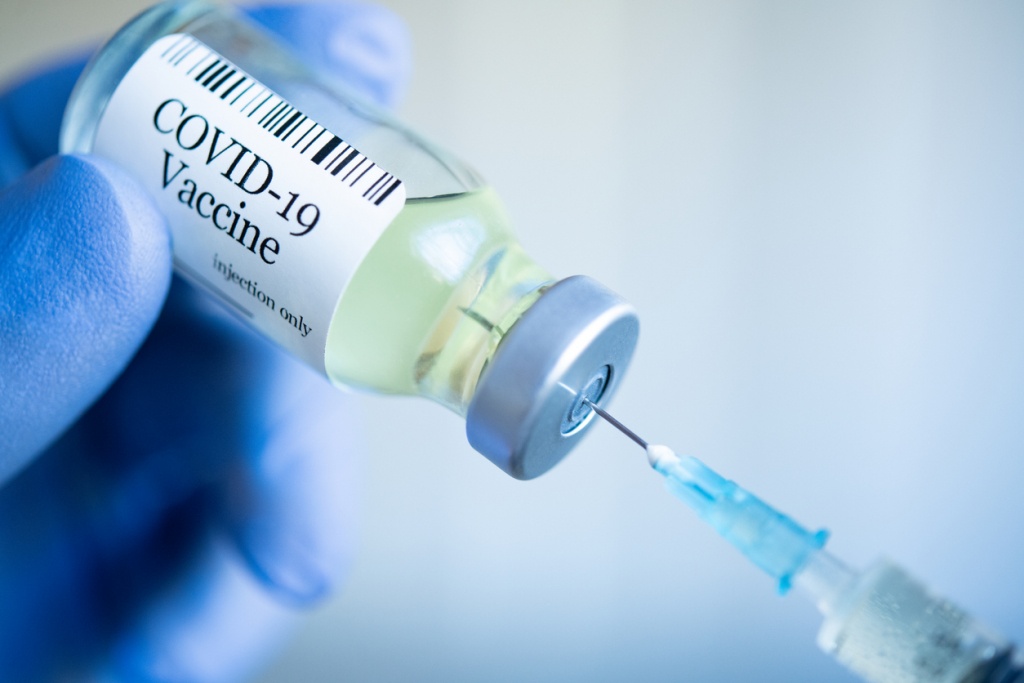What primary care physicians need to know about the coronavirus vaccine

The positive news is that COVID-19 vaccines are being approved and are projected to be ready for their initial distribution in mid-December. However, the supplies will be limited at first. The Centers for Disease Control and Prevention (CDC) has put together a recommended priority list for who should get the vaccine when. Primary care physicians need to know what to share and how to share information about the coronavirus vaccine with their patients.
The CDC’s Advisory Committee on Immunization Practices (ACIP) has made recommendations on who should be offered COVID-19 vaccination in the initial phase of the U.S. COVID-19 vaccination program while there is limited vaccine supply. ACIP recommended that both 1) health care personnel and 2) residents of long-term care facilities be offered COVID-19 vaccine in the initial phase of the vaccination program. The next groups will probably include certain segments of essential workers and the elderly.
When communicating information about the coronavirus vaccine, primary care physicians should emphasize that, until experts learn more about the protection that COVID-19 vaccines provide under real-life conditions, it will be critical for everyone to continue using all the tools available to help stop this pandemic, like covering their mouth and nose with a mask, washing hands often, and staying at least 6 feet away from others.
Primary care physicians should start the conversations early when discussing the COVID-19 vaccines, the CDC recommends. This will provide physicians the opportunity to set expectations about vaccine availability, including recommendations for patients and a discussion about any concerns patients may have.
For quality conversations with patients, primary care physicians can use the guidelines set forth by the CDC, including:
- Start from a place of empathy and understanding, remembering that the pandemic has been stressful for everyone. Acknowledge the disruption that COVID-19 has caused and provide the opportunity to recognize common concerns that can be addressed by a vaccine.
- Provide the following general information to patients about the timeline for COVID-19 vaccines:
- Limited COVID-19 vaccine doses may be available in 2020.
- It is anticipated that vaccine supply will increase substantially in 2021.
- The goal is for everyone to be able to easily get a COVID-19 vaccine as soon as large quantities are available. However, not everyone will be able to get vaccinated right away.
- Share recommendations for patient vaccinations, emphasizing the importance of the COVID-19 vaccine to protect patients’ health as well as the health of those around them.
- Listen to and respond to patient questions. Patients turn to their healthcare providers as their most trusted source of information during these challenging times.
- Encourage patients to learn as much as they can about the COVID-19 vaccination, to increase their comfort level with how and when to get vaccinated.
Other key points for the primary care physician to know about the coronavirus vaccine include:
- There will be a limited supply of COVID-19 vaccines in December 2020, but supply will continually increase in the weeks and months that follow. The goal is for everyone to be able to easily get a COVID-19 vaccination as soon as large quantities are available. The plan is to have several thousand vaccination providers available, including doctors’ offices, retail pharmacies, hospitals, and federally qualified health centers.
- At first, COVID-19 vaccines may not be recommended for children. In early clinical trials for various COVID-19 vaccines, only non-pregnant adults participated. However, clinical trials continue to expand those recruited to participate. The groups recommended to receive the vaccines could change in the future.
- Vaccine doses purchased with U.S. taxpayer dollars will be given to the American people at no cost. However, vaccine providers will be able to charge administration fees for giving or administering the shot to someone. Vaccine providers can get this fee reimbursed by the patient’s public or private insurance company or, for uninsured patients, by the Health Resources and Services Administration’s Provider Relief Fund.






